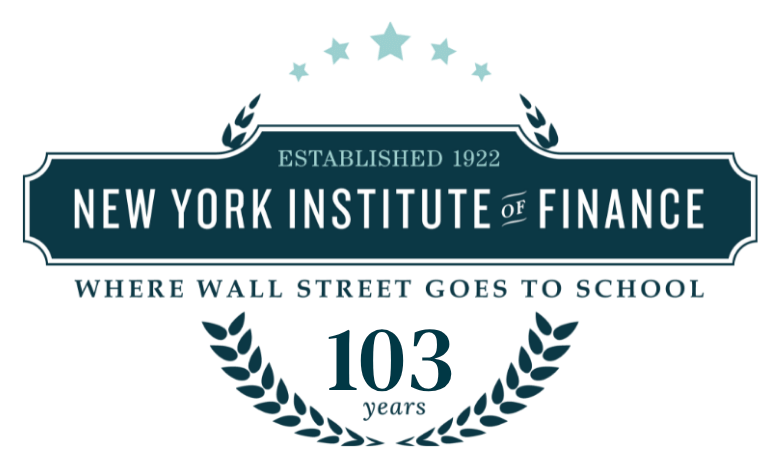US investors lining up Tottenham Hotspur takeover bid
By Arash Massoudi and Roger Blitz. This article originally appeared on the Financial Times website, FT.com on September 14th, 2014
A US investment group backed by Guggenheim Capital is weighing up a bid for north London football club Tottenham Hotspur – in the latest American foray into the English Premier League.
A statement from Cain Hoy Enterprises said it was “at the preliminary stages of assessing a cash offer for Tottenham Hotspur” and that, under UK takeover rules, it had until October 10 to make a firm bid.
According to a person familiar with the situation, Cain Hoy held preliminary discussions with the club this month about a possible deal.
Spurs – which has appointed Rothschild to seek financing for a new 52,000-seat stadium – said it was “not in takeover discussions with Cain Hoy or any other party”.
The club, which is owned by Bahamas-based currency trader Joe Lewis through his Enic investment vehicle, added that it had met Cain Hoy representatives among a number of other investment groups to discuss stadium financing options.
“However, there are no ongoing discussions with Cain Hoy,” it said. “The club is focused on the new stadium development and the season ahead.”
Cain Hoy is a new fund established by former senior executives from Guggenheim Partners. It is run by Henry Silverman, a former Cendant chairman, Guggenheim executive and vice chair of Apollo Global Management, the private equity group founded by Wall Street veteran Leon Black.
In Europe, it is led by Jonathan Goldstein – a real estate lawyer previously at Olswang and Heron International, who is a Spurs fan and known by the club hierarchy.
News of the fund’s existence emerged on Thursday, when it put out a release saying that it was seeking investments in global real estate and consumer categories such as media, entertainment and retail.
Other founders of Cain Hoy include Todd Boehly, the Guggenheim Capital president who in 2012 invested alongside Magic Johnson in the $2.15bn acquisition of the Los Angeles Dodgers. Cain Hoy is backed by a minority investment from Guggenheim Capital, the parent company of Guggenheim Partners.
Mr Goldstein’s was deputy chief executive at Gerald Ronson’s Heron International, the property developer behind the Heron Tower. Built at the height of the financial crisis, it struggled to find tenants and has been eclipsed by a rash of new skyscrapers erected recently in the City of London.
Mr Goldstein jumped ship early this year shortly after Heron sought a last-minute refinancing from US buyout group Starwood after struggling with its debts.
Spurs, which has failed to secure a place in the Champions League since the 2010-11 season, plans to expand its stadium’s current 36,240 capacity to 56,250. However, earlier this week the club announced that legal complications meant the new venue was unlikely to be ready until the 2018-19 season at the earliest.
It also said it was seeking alternative venues to play its 2017-18 home games while work on the new stadium is completed.
Overseas investors control many of England’s leading football clubs, but US investors are particularly prominent. The American Glazer family owns Manchester United; John Henry’s Fenway group owns Liverpool; Aston Villa is controlled by Randy Lerner; fund manager Ellis Short owns Sunderland; and sports tycoon Stan Kroenke is Arsenal’s majority shareholder.
Guggenheim’s move comes as its investment banking business is losing ground to rivals in the core area of providing advice on deals.
The group has advised on deals worth just $13.3bn so far this year, a fraction of the $143.6bn of transactions it worked on during 2013, when it advised on Vodafone’s $130bn Verizon Wireless sale, according to data from Thomson Reuters.
Additional reporting by Ed Hammond
About New York Institute of Finance
With a history dating back more than 90 years, the New York Institute of Finance is a global leader in training for the financial services and related industries with course topics covering investment banking, securities, retirement income planning, insurance, mutual funds, financial planning, finance and accounting, and lending. The New York Institute of Finance has a faculty of industry leaders and offers a range of program delivery options including self-study, online and in classroom.
For more information on the New York Institute of Finance, visit the homepage or view in-person and online finance courses below:
